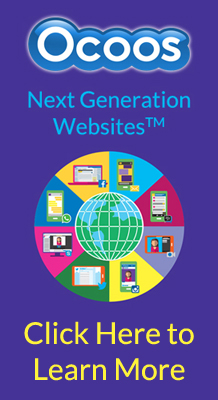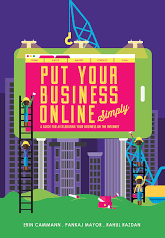The Question of Website Ownership Addressing the myth of website portability

After a small business creates its website, questions often arise, specifically, who actually owns the site? And what is the value of that ownership?
To address the question of ownership, let's take a look at the parts of a website. Every site consists of two critical pieces:
The marketing copy
The website publishing system.
Marketing copy includes things like the company logo, images or videos that live on the site, and all of the site's original text. In nearly all cases, these components are owned by the company.
The second part of a website is its publishing system. This system is the backend of your website, the entity that brings your website's design and content to appear as a website on a browser. These systems consist of complex pieces of software that handle multiple tasks:
Displaying the website content across multiple browsers and devices
Managing sessions with users and optimizing performance
Managing interactions from users to your website's server
Doing the above tasks in a secure and reliable environment
Two kinds of publishing systems exist. The first type is an open-source system, in which the source code for the publishing system is made freely available and can be modified and redistributed. An example of an open source publishing system is WordPress.
The other type is a platform, or application, such as Facebook, LinkedIn, or the Ocoos website builder. A platform is owned by a single entity and includes a core set of functionalities that can be personalized by the businesses using it.
Regardless of which type of system businesses choose, they do not own the publishing system. But is that a bad thing? In a word, no.
Owning a publishing system would be a weighty burden to bear. It would mean you'd own all the problems that come with updating and maintaining the publishing system's backend. You'd be responsible for fixing any issues that would inevitably arise, such as software bugs, and updating for new browsers or devices.
Even open-source solutions have their shortcomings, chiefly because no one in the community is responsible for handling customer support, and engaging with the community requires a certain level of high-tech know-how.
Understandably, most business owners would not want to oversee these tasks.
The best bet for business owners is to publish their website using an application platform with full support, such as Ocoos. In fact, Ocoos owns the task of maintaining your website's backend and offers a place to address business issues and questions, providing great relief for small business owners.


